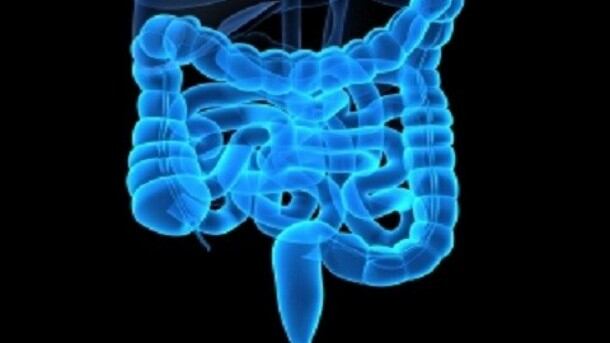The potency of polyphenols present in red, purple and black fruit and vegetables suggests that individuals at risk of chronic inflammation may benefit from supplementing their diets with food sources that produce this bioactive molecule.
Supplementation with these polyphenol-rich foods have previously been reported to reduce levels of pro-inflammatory proteins that have been linked to the development of chronic conditions.
Study details

In the study, researchers from the University of Liverpool examined the different potencies of polyphenols by comparing 31 polyphenols and six polyphenol mixtures for effects on pro-inflammatory protein release as part of an immune response.
They discovered that the polyphenols resveratrol, isorhamnetin, curcumin, vanillic acid and specific polyphenol mixtures could alter the inflammatory immune response by reducing pro-inflammatory cell signalling molecules' (cytokines') release from T-lymphocytes.
In addition, the researchers found evidence for interaction between polyphenols to further control cytokine release.
"The results of our study suggest that polyphenols may help reduce the release of pro-inflammatory mediators in people at risk of chronic inflammation,” said Siân Richardson from the University's Institute of Ageing and Chronic Disease.
"Older people are more susceptible to chronic inflammation and as such they may benefit from supplementing their diets with food sources that yield these bioactive molecules."
Previous studies

The benefits of polyphenols have been well-documented in the past with studies that strongly suggest a diet rich in polyphenols exerts a protective effect on a range of age-related conditions.
More recent studies have focused on the low bioavailability of certain polyphenols in vivo as parent compounds as well as the metabolites of dietary polyphenols produced by intestinal, liver cells, and the colonic bacterial flora.
Compounds such as flavonoids are normally absorbed in the small intestine and appear in the circulation as metabolites. However, these are rapidly removed from the bloodstream.
Here, they pass into the colon where they are converted to lower molecular weight catabolites such as phenolic acids by colonic microflora.
“Relatively little is known about the potential anti-inflammatory effects of these lower molecular weight phenolic acids following absorption,” the authors said. “This was a major aim of the present study.”
The low molecular weight phenolic acids were generally less effective at reducing cytokine release than the unconjugated polyphenols.
Vanillic acid is a catabolite of multiple dietary polyphenols, including those found in wheat and blackcurrant juice, and is also present at high concentrations in açai berries. It significantly reduced the release of a specialised inflammatory cell suggesting that vanillic acid may be a physiologically relevant anti-inflammatory metabolite of dietary polyphenols.
Source: British Journal of Nutrition
Published online ahead of print, doi.org/10.1017/S0007114516000805
“Identification of (poly)phenol treatments that modulate the release of pro-inflammatory cytokines by human lymphocytes.”
Authors: Christopher Forda, Siân Richardson, Francis McArdle, Silvina B. Lotito, Alan Crozier, Anne McArdle and Malcolm Jackson.
